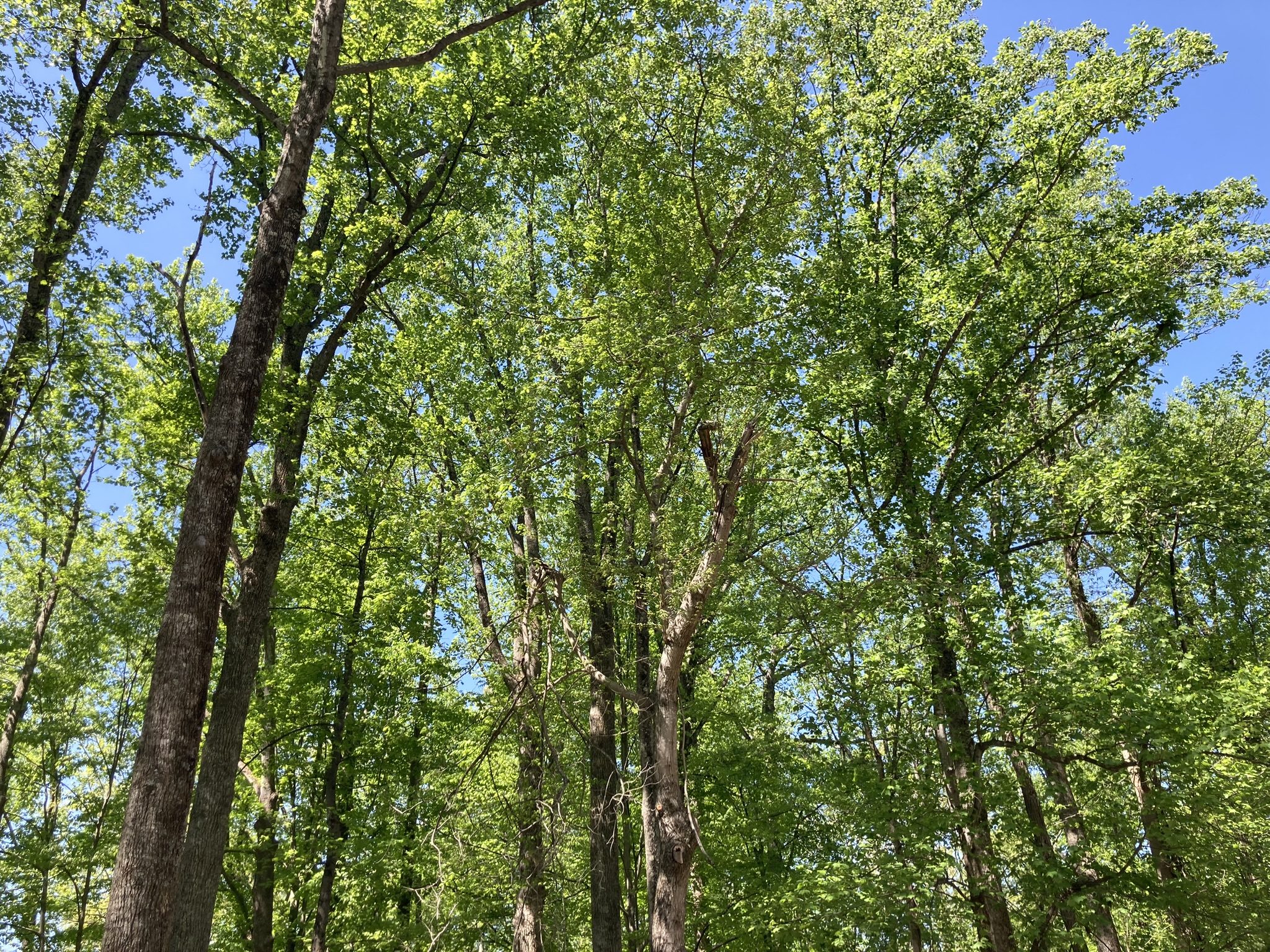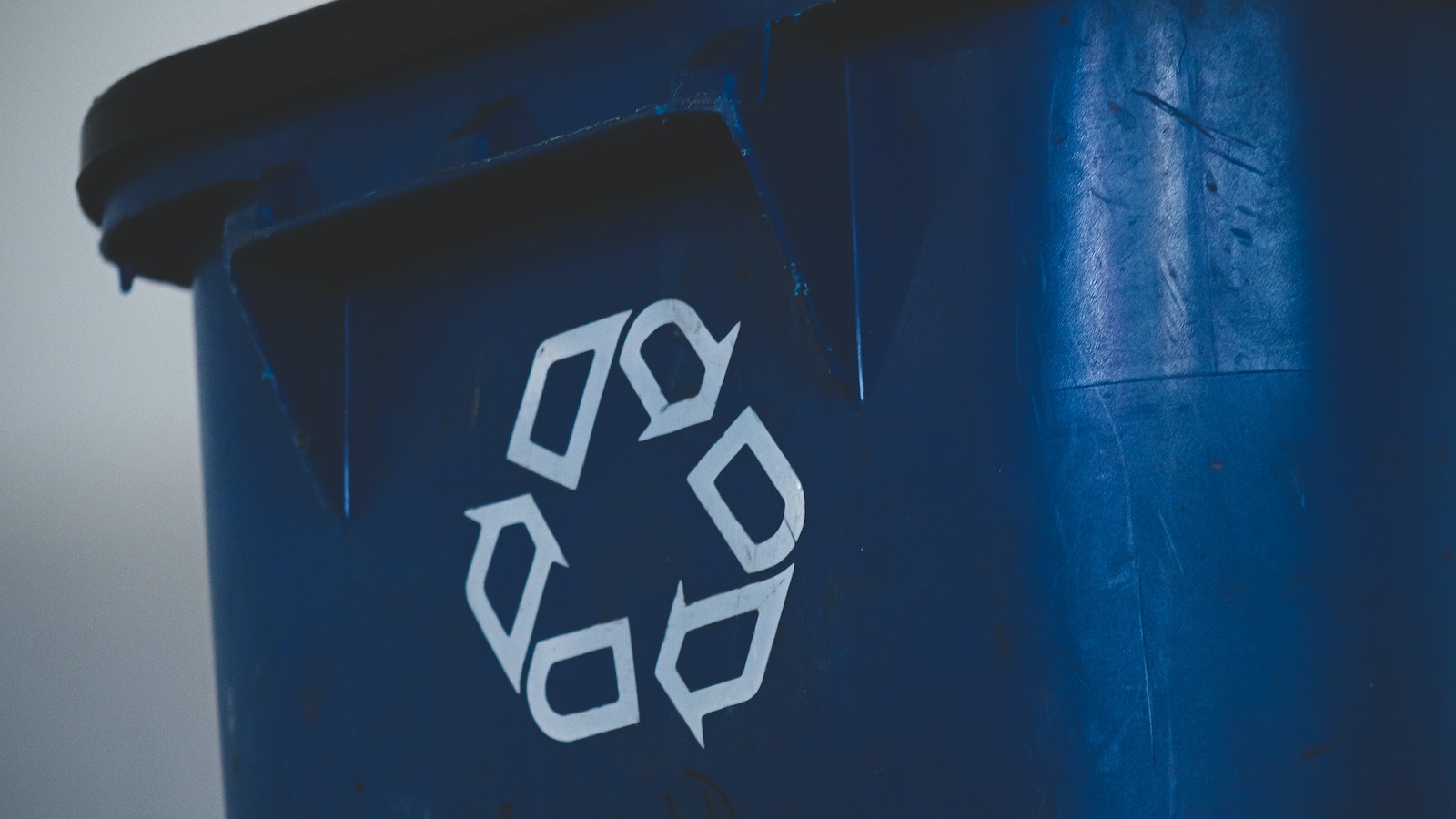
Greenwashing plastic solutions
To close out #PlasticFreeJuly, we are taking a deeper dive into common greenwashing and false solutions related to litter reduction and recycling.
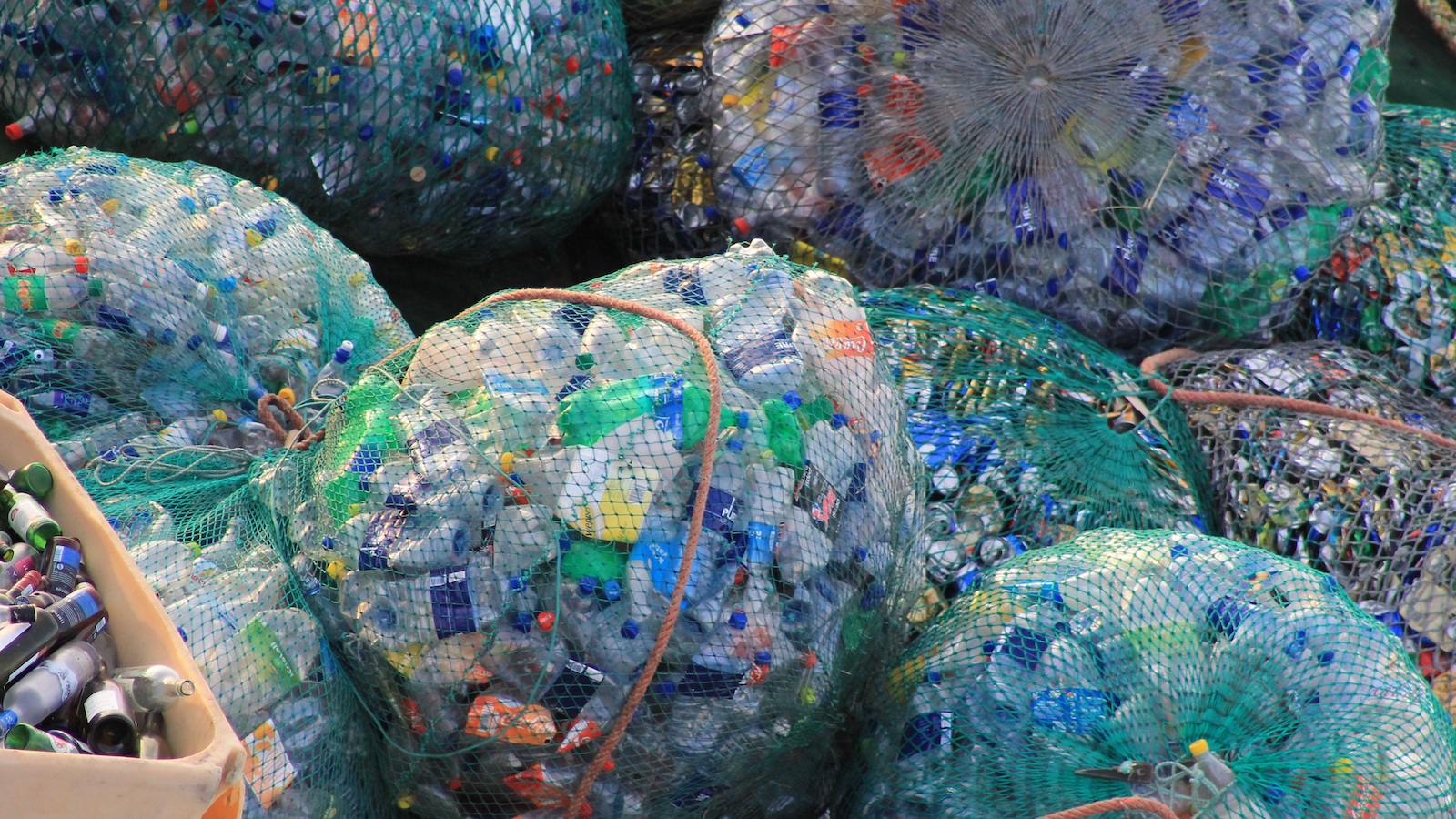
To close out #PlasticFreeJuly, we are taking a deeper dive into greenwashing and false solutions to the plastic pollution crisis. When it comes to plastic recycling, greenwashing is unfortunately common. Greenwashing is a term referring to misleading information about the environmental impact a company has. This can be misleading information about products or services.
Greenwashing is especially harmful when it comes to plastic recycling. Plastic pollution is filling up our landfills, poisoning wildlife, and creating microplastics that cause health risks. As we work to adopt more zero waste lifestyles (in the kitchen, while entertaining guests, creating a plastic-free bathroom, or going zero waste camping), it is also important to push back against these common false solutions.
Truth in Labeling
It feels good to see the chasing arrows recycling symbol on a plastic container and throw it in the recycling bin- avoiding the guilty feeling that comes with throwing harmful single use plastics into the trash. What does not feel good is the truth: recycling symbols do not mean that the item can be recycled. The chasing arrows surrounding a number simply tells us what kind of plastic the item was constructed from.
In Virginia, and most states, no law prohibits producers from using the symbol on non recyclable materials despite the confusion it causes people. To reduce contamination of recyclables and end confusion about what can and can not be recycled, we need truth in labeling.
In 2021, California passed senate bill 343. This law prohibits the use of chasing arrows or other indicators of recyclability on packaging unless they meet the right criteria. This allows consumers to make informed decisions, and holds producers accountable for making their products truly recyclable. Virginia would greatly benefit from a similar law.
Chemical Recycling
Chemical recycling or advanced recycling is the concept that plastic waste can be reused to create an alternative fuel or new plastics. While this may sound like a smart way to reduce plastic pollution, it does not work, is not safe, and actually harms the environment. Chemical recycling turns the polymers in plastic waste into smaller molecules that can then be used to create fuel or low quality plastics. It is a form of incineration- a practice that emits a large quantity of toxins and pollutants into the air.
Chemical recycling plants are not fixing the plastic pollution problem. Instead this process :
- is contributing to air pollution and global warming
- deepens our reliance on single use plastics
- can causes a number of environmental and health threats
- produces large amounts of hazardous waste
- does not address the need to reduce plastic production and consumption
The best way to keep plastic out of our environment is to not have it there to begin with. In Virginia we are focusing on a better solution: reducing plastic packaging by holding producers accountable for the waste they create.


Topics
Updates
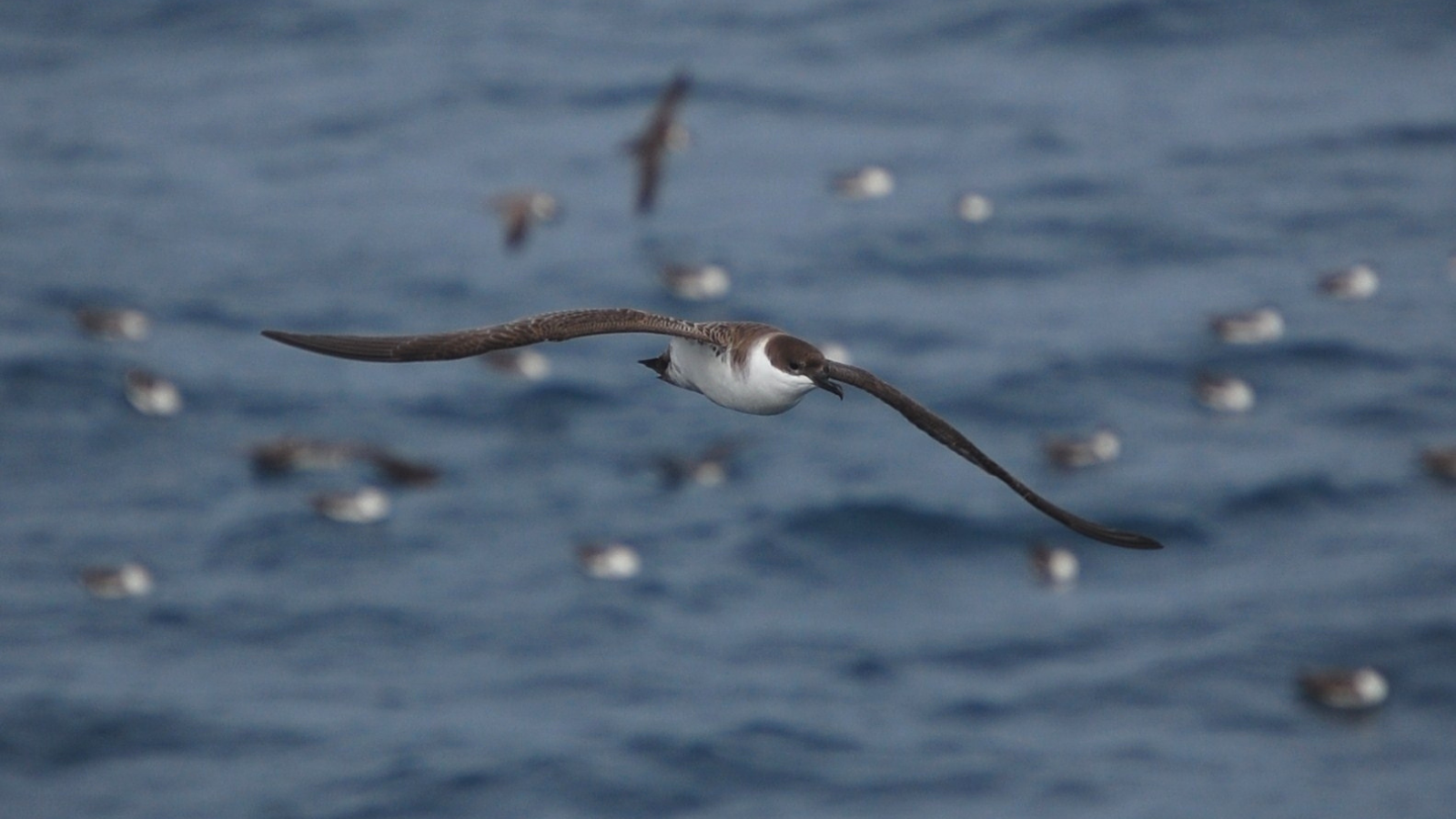
Partisanship and gridlock are for the birds
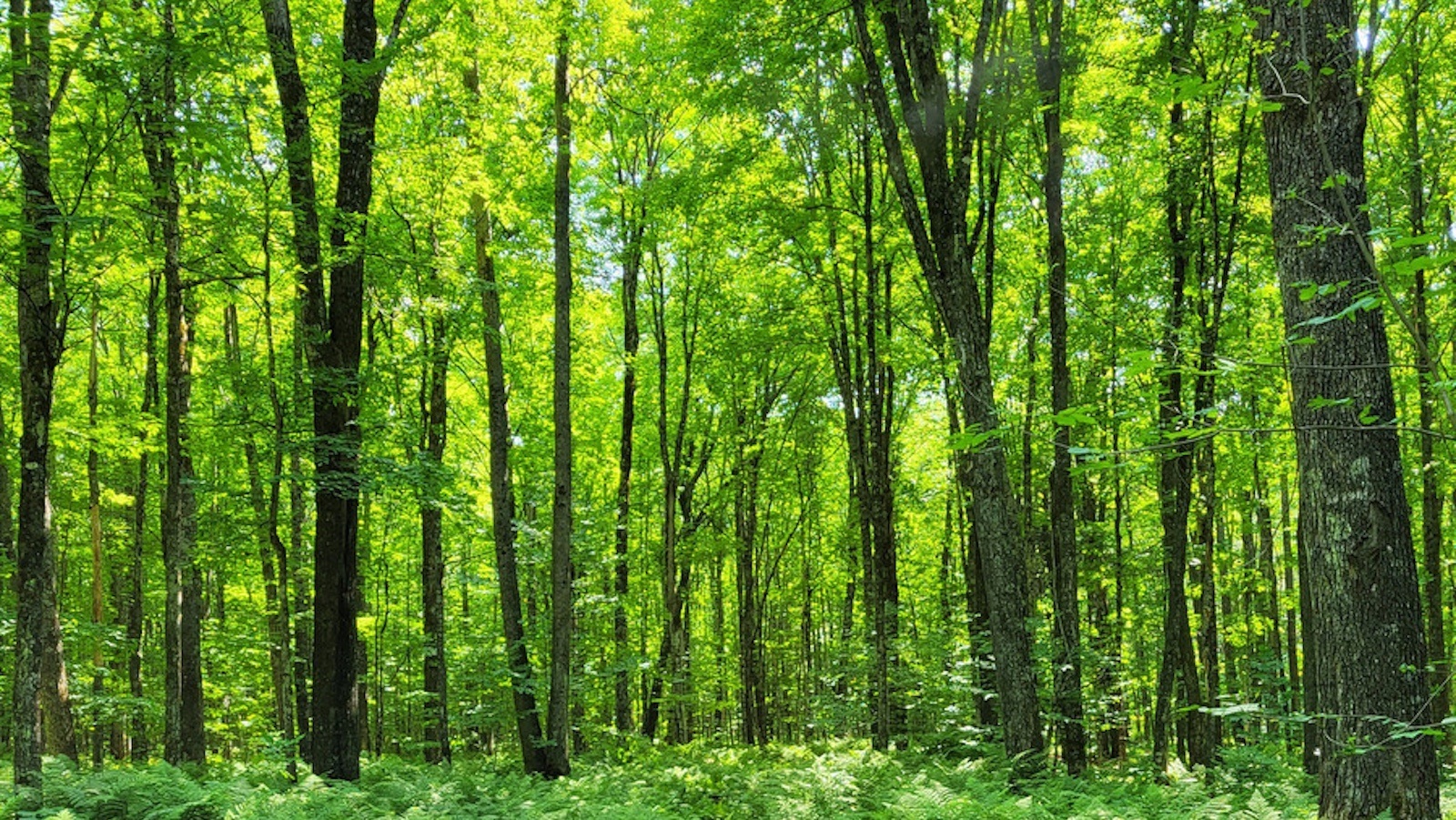
In nature, fewer sounds abound

Energy Conservation & Efficiency
Groups to Congress: oppose attacks on energy efficiency

Energy Conservation & Efficiency
Department of Energy finalizes water heater efficiency standards
